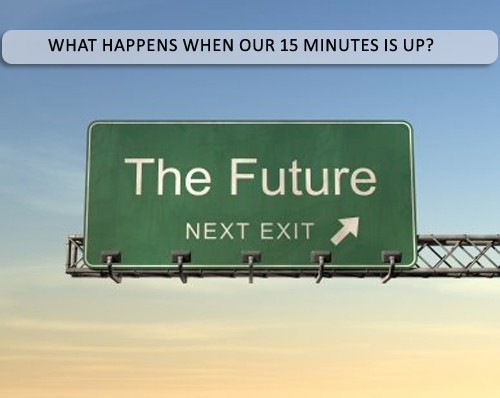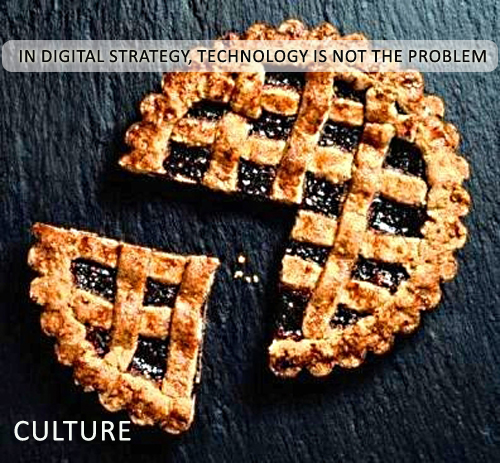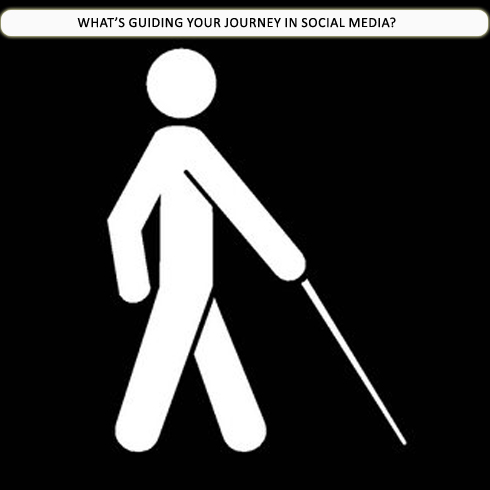
I live in Florida and hard times are visible everywhere. I’ve seen businesses open with promise and flair only to close within a year with nary a sound and barely an announcement. This extends to the houses in my neighborhood, the families that occupied them, and the jobs that the people who lived in them once had. All Gone. Empty. It sucks.
I know some of these families. We were almost one of those families. And because of that, because I know where I once was and because I know where I could be, I have a respect, an empathy and an acknowledgment of people’s situations, of their plights. These are still sucky, hard times for a lot of families and thus when I see some of the Dad’s at various functions around town-usually our kid’s games of some sort, I try to help in as many ways that I can but also being respectful of their situation. Oddly, I try to tell them what social media can do for them and what it did for me.
It sounds corny but it’s true.
Social media altered the course of my career. It was somewhere between 2005 and 2006 but that’s when I really started to “understand” the power of the possibility with social. I know things are much different now and the space may appear to be crowded and overrun but the principles still exist. It is by no means a silver bullet but social can help someone create that picture of who and what they are. It also can help define where you want to go. I could fill up pages with stories and instances of where I personally benefited from the impact of social media-and I want to pay that forward. It starts with these principles that are derived from the positive impact of social media. Now I know they may seem high level but they are absolutely concrete.
The 14 guiding principles of social media.
1) Everything that you do online has some relationship to search either directly or indirectly. Always know this.
2) Understand that you can leverage search in your favor-but so can your detractors
3) Social Media loves search-your footprint is permanent
4) People have an innate curiosity about you-including those you went to kindergarten with and your current employer
5) You can create and control your online presence instantly, but it takes longer to remove it, if at all
6) You can socialize that online presence instantly
7) You can manage and curate that online presence in real time and any time
8. You can find your tribe easier than ever before-what happens after that, is up to you, and sometimes up to them
9) Social is free. The investment is in your time, understanding and commitment.
10) You can connect with virtually anyone, anywhere and at anytime-but respect that power
11) Social requires that you are upfront, honest and genuine-If you find that hard to do, reexamine your motives.
12) You can’t wait for it to happen, you have to make it happen-sounds a lot like life doesn’t it?
13) It can be life altering in both good ways and in bad
14) Realtionships matter-take time to develop them and make them Real
I’m sure if I went back over my past 800 plus posts, I may have written similar posts about principles, tenets, beliefs or rules of social, but right now at this moment, these 14 principles are holding fast from my perspective of what social is and what you can make of it if you understand what is at it’s core.. Care to add to it?


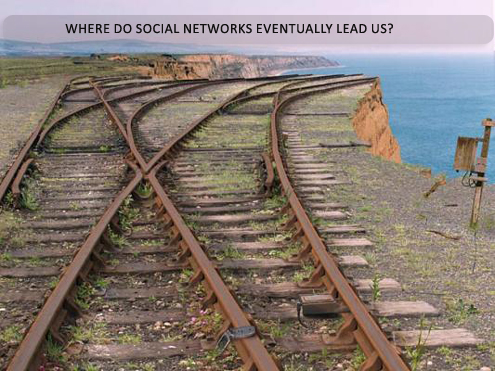
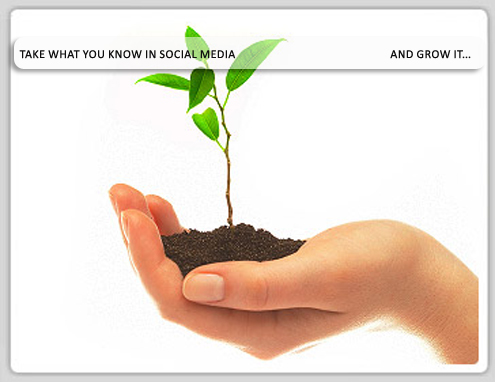
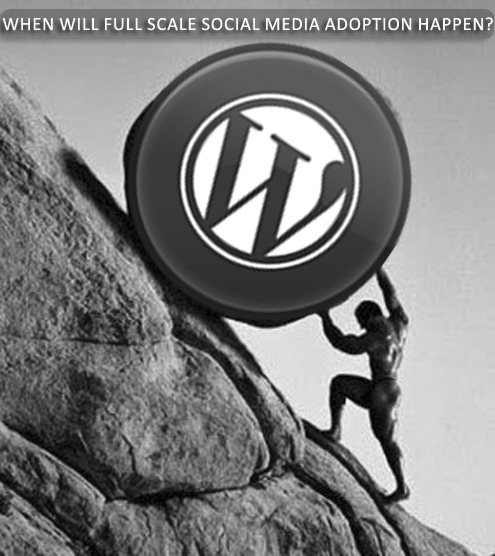

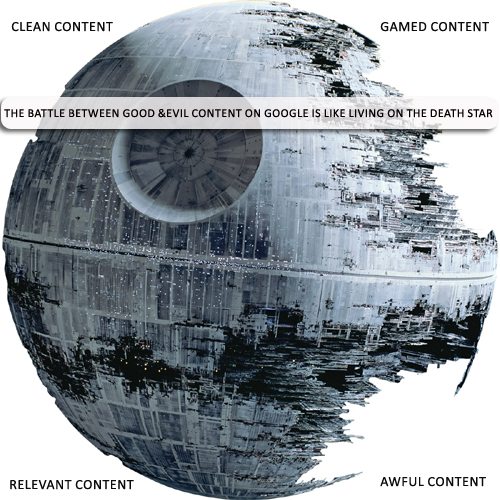
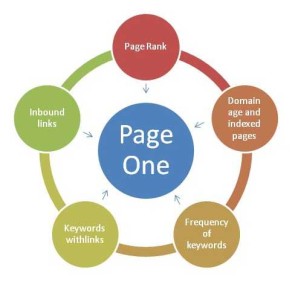
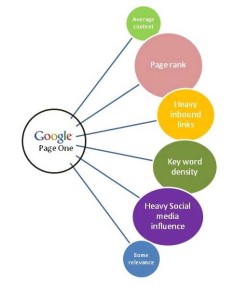
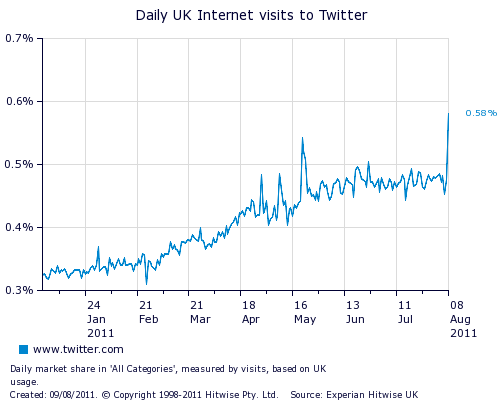
 Yes there are other digital platforms that are in play during all of this but it is Twitter which seems to be the primary conduit for real time conversations, and updates during the riots in London. The real-time aspect of sharing information through Twitter has made the platform ideal for updates on what has been happening. In fact because of the riots, it has been Twitter’s biggest ever spike in UK traffic online. Beyond the role that social media has been playing in the UK riots, there’s a larger question that needs to be asked…Has the disruptive nature of social media now become the
Yes there are other digital platforms that are in play during all of this but it is Twitter which seems to be the primary conduit for real time conversations, and updates during the riots in London. The real-time aspect of sharing information through Twitter has made the platform ideal for updates on what has been happening. In fact because of the riots, it has been Twitter’s biggest ever spike in UK traffic online. Beyond the role that social media has been playing in the UK riots, there’s a larger question that needs to be asked…Has the disruptive nature of social media now become the 